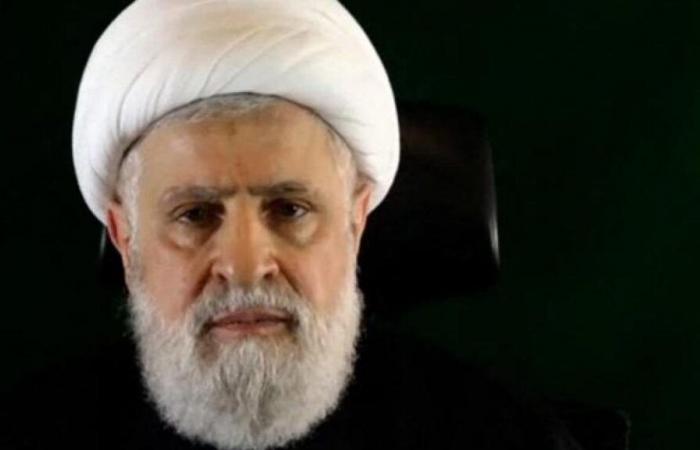Why are we talking about him?
Lebanese Hezbollah announced Tuesday that it had elected its number two, Naïm Qassem, at the head of the pro-Iranian formation to succeed Hassan Nasrallah, killed on September 27 in an Israeli strike on the southern suburbs of Beirut. Faced with a devastating offensive from Israel, determined to neutralize the Shiite Islamist group, he finds himself propelled today to the front line.
Who is he?
The journey of this man with the white beard and skull encircled by the white turban of the Shiite clergy is closely linked to that of Hassan Nasrallah. Naïm Qassem was one of the founders of Hezbollah in 1982, created at the instigation of Iran in the wake of the Israeli invasion of Lebanon. And it was in 1991 that he became deputy secretary general of the movement, a year after the end of the civil war in Lebanon (1975-1990).
He and Nasrallah manage side by side an armed organization which, from decade to decade, gains considerably in influence. Until becoming a key player in geopolitics in the Middle East. Married and father of six children, this chemistry graduate from the Lebanese University taught in public high schools for six years. Born in 1953, he published numerous books on religious education as well as essays on politics.
What should we think about it?
Speaking French and English, born in Beirut to a family from Kfar Fila, a village in southern Lebanon, Mr. Qassem regularly gave interviews to the media before the war. But since the recent Israeli escalation, he has no longer appeared in public. Less charismatic than Hassan Nasrallah, he favors speeches with a sober tone, read in classical Arabic, unlike the former leader of Hezbollah, who spoke in front of the camera, in fiery diatribes in Lebanese dialect, sometimes punctuated with biting irony.






